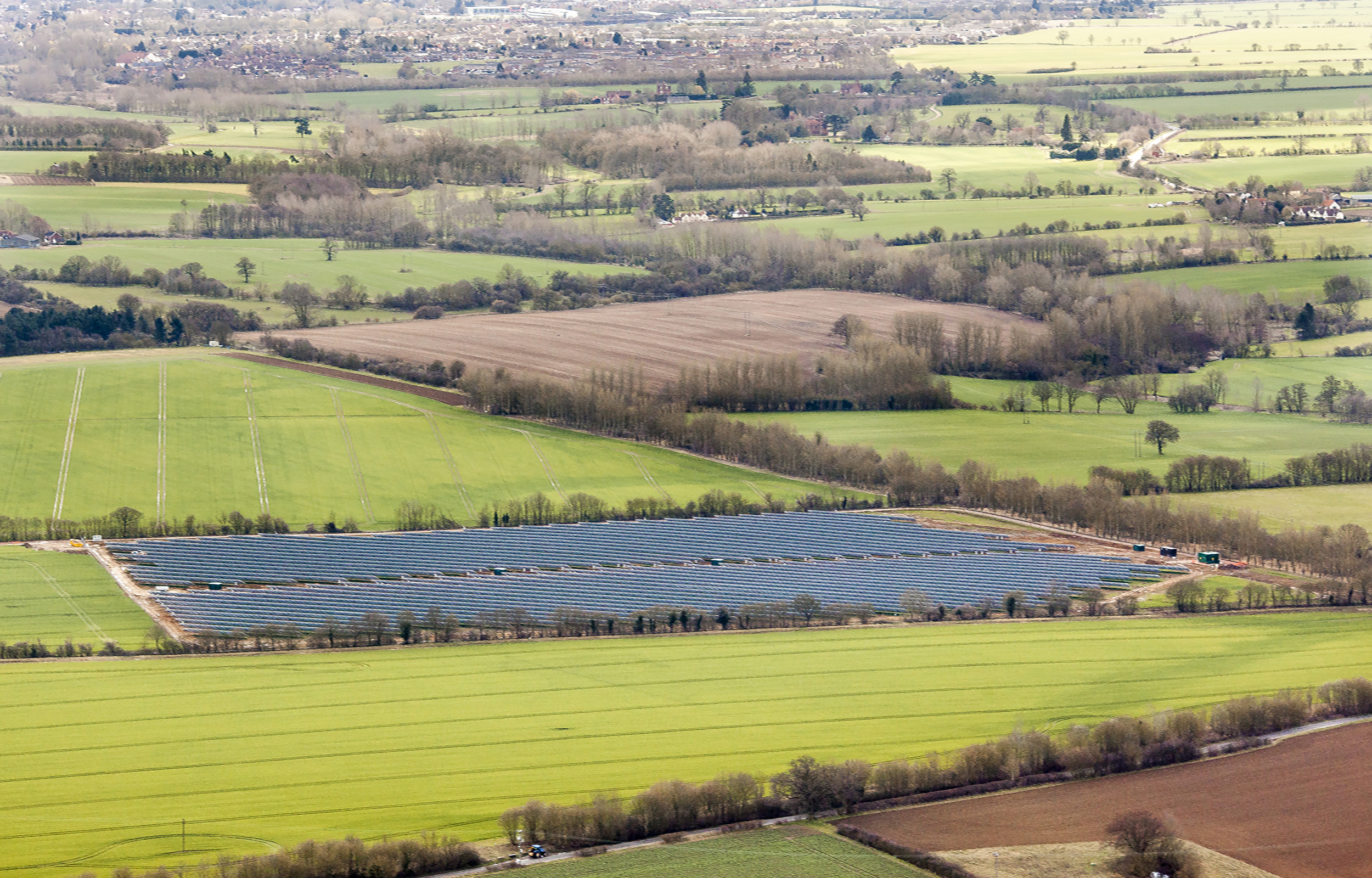
On the 7th of April the Department for Business, Energy & Industrial Strategy published its ‘British Energy Security Strategy’ Policy Paper setting out the Governments strategy for securing a reliable flow of affordable energy set to the backdrop of a continually developing energy and cost of living crisis. Amongst the Policy Papers objectives and plans are potential reviews and changes to national planning policy and national legislation to remove ‘planning barriers’ to energy efficiency and renewable energy production.
Energy Efficiency
Along with reducing costs for consumers through zero-rating VAT on the installation of energy saving materials, the Boiler Upgrade Scheme and ‘rebalancing’ the costs placed on energy bills away from electricity, the Policy Paper promises a review on practical planning barriers when installing energy efficiency measures, notably in Conservation Areas and to Listed Buildings. This review is scheduled to be completed by the end of 2022 with the goal of improving energy efficiency whilst ensuring the protection of local amenity and heritage.
Solar Power
For ground-mounted solar, the Policy Paper states that it will bring forward a consultation on amending planning rules to promote policy in favour of development on non-protected land, whilst retaining the communities voice and ensuring environmental protections are not diminished. This includes supporting solar that is co-located with other functions, including agriculture to maximise the efficiency of land-use.
For rooftop solar panels the Policy Paper promises to radically simplify the planning process with a consultation on the relevant permitted development rights.
It is not clear precisely when these consultations will take place, however, the Policy Paper, rather ambitiously, sets an end of 2022 target to publish updated planning documents to support solar deployment.
Wind Power
The Policy Paper states that the Government will not introduce wholesale changes to current planning regulations for onshore wind although it will consult this year on developing local partnerships for supportive communities wishing to host onshore wind infrastructure. The consultation, the Policy Paper states, will consider how clear support can be demonstrated by local communities, local authorities and MPs.
It remains to be seen precisely what all these changes will look like and what the impact will be for homeowners and landowners interested in pursuing greater energy efficiency and renewable energy production for their homes and businesses. Sworders will be monitoring these developments and will be best placed to advice on what these potential changes could mean for your schemes.
Ross Mayger












